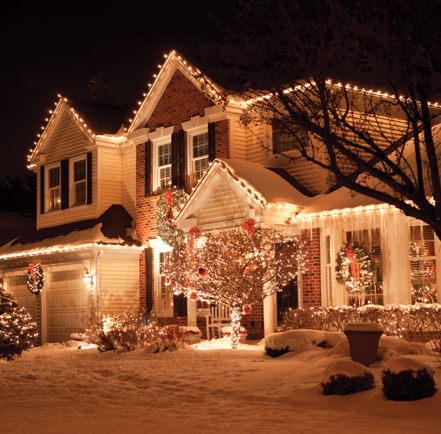 While timeshares often seem attractive, now is a great time to consider purchasing a vacation home. Whether choosing a single family home or condo, vacation homes can be great investments in addition to offering you a different lifestyle. Whether looking on the beach, the mountains or the desert, now is a great time to jump into the vacation lifestyle.
While timeshares often seem attractive, now is a great time to consider purchasing a vacation home. Whether choosing a single family home or condo, vacation homes can be great investments in addition to offering you a different lifestyle. Whether looking on the beach, the mountains or the desert, now is a great time to jump into the vacation lifestyle.
1. Get in while prices are low.
In order to make the most of your second home investment, it is best to buy low and sell high. While low prices are not desirable for homeowners, the current market presents a great opportunity for second home bargain hunters. Economists predict values will increase in 2012. So, this is a good time to invest in something other than the stock market.
2. Test a retirement destination.
Maybe you currently live in a cold climate, and fantasize about living on a golf course. Perhaps you are tired of weekend yard work, and think a condo may be a great fit. Purchasing a second home will give you an opportunity to test the area over a period of years, not days, and before you make a final decision.
3. Consider a home with great rental potential.
You may want to keep your second home as your private retreat, but it is always wise to consider a home that could be rented out. As we all know, circumstances change, and you may want to generate rental income from your property at some point. Look for properties with at least one bathroom per bedroom and a look and feel that reflects the vacation lifestyle. A pool is not necessarily a requirement, as the strongest vacation rental season is during the winter. If you are planning on renting out the home and do have a pool, consider a heated pool.
4. Get a realistic assessment of the property’s rental potential.
Before counting on the rental income, get a realistic handle on the property’s income potential. The average vacation home is rented only about 17 weeks a year. Plus, you will need to pay for cleaning, maintenance, insurance, heating the pool, homeowner’s association dues and maybe management fees (at least 10 percent of the income).
5. How you use your second home will impact your loan rate.
Lenders are more carefully scrutinizing second home mortgages. If you are planning to use the property as your second home, your mortgage rate will probably be about the same as it would be on your primary residence. However, if you need rental income to qualify for the loan, the house will be treated as investment property, and you will have to pay a higher interest rate, while putting at least 25 percent down.
6. There can be tax benefits.
In addition to the potential of property value increase, there also may be some tax benefits to owning a second home. If you rent the house out for two weeks or less, you do not need to report the income to the IRS, and you can still deduct property taxes and mortgage interest. If you are staying in your second home for less than two weeks, or 10 percent of rental days, whichever is greater, you can deduct operating costs, such as cleaning fees and maintenance, in addition to interest and property tax.
If you use your home frequently, and also are able to rent it regularly, you will have to track your write-offs more carefully, and allocate between personal and rental use. Of course, it is always best to consult with your tax advisor first for all the details.
Looking to buy out of state? Please give me a call. I will be happy to track down a great agent for you anywhere in the world you might be looking.
Wishing you and your family a very happy and healthy holiday season and New Year.
John Karadsheh is a licensed REALTOR® with Coldwell Banker Trails And Paths Premier Properties. He also is an Associate Broker, Accredited Buyers Representative and a Certified Residential Specialist. You can contact John with any of your real estate questions. Call him at (602) 615-0843, or go to his Web site at www.BuyAndSellAZ.com.

